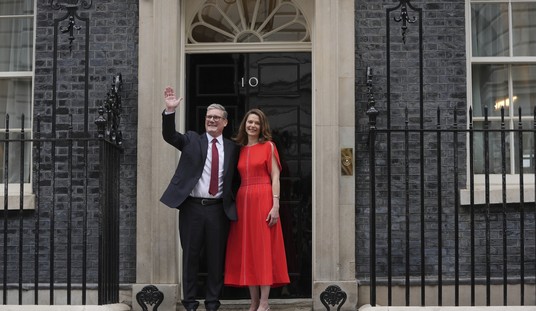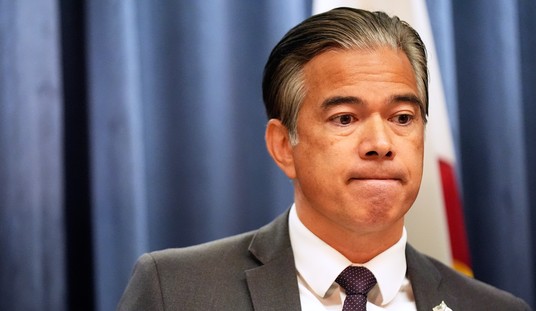An 11-2 vote, with Marion Barry one of the two no’s. Next stop: Congress.
Overturning the measure during 30-day congressional review period would require majority votes from both houses of Congress, plus the signature of President Barack Obama. That outcome is unlikely. A congressional challenge to the District’s vote is more likely through other avenues: First off, lawmakers could place a restriction on the city’s spending that would effectively nullify the law, but the earliest that would happen is approximately a year from now. Alternately, a gay-marriage rider could be added to any other congressional provision—much as restrictions on city gun laws were added to the bill that would have granted the District a vote in the House of Representatives.
More immediately threatening may be the prospect of judicial intervention. Lawyers financed by national conservative organizations have vowed to challenge the gay marriage measure on a variety of grounds, including whether the District’s home rule charter requires elections officials to allow a public vote on the issue and also whether the federal Defense of Marriage Act applied to local laws in the District of Columbia.
A referendum in D.C. would be fascinating given the city’s racial demographics and the CW that blacks are, by and large, against gay marriage. A poll taken earlier this year in three D.C. wards showed overwhelming support for it, but those wards skewed heavily white and liberal and ended up dividing sharply along racial lines — 92 percent of whites in favor versus just 41 percent of blacks. Why not put it to a citywide vote and settle the issue? Because, you see, that would be a human rights violation:
Citizen groups can seek a referendum on the bill, but the District’s convoluted procedure for such efforts requires the two-member D.C. Board of Elections and Ethics to approve a referendum and gives the Board the authority to reject it if they believe it conflicts with the D.C. Human Rights Act. Since the D.C. Court of Appeals has held that defining marriage as the union of a man and a woman does not violate the Act, a referendum ought to be allowed. The Board and the D.C. Superior Court have shown little interest, however, in applying the law, and instead seem bent on preventing any popular input on the Council’s experiment in social engineering. That leaves Congress’s oversight authority, which, given current political alignments, is a thin reed to lean on.
In practice, Washingtonians end up in the same place as New Yorkers, i.e. without any recourse to a popular vote. Exit question: If, as many suspect, a majority of the population really is against gay marriage, how’d they end up with such a lopsided council vote?









Join the conversation as a VIP Member